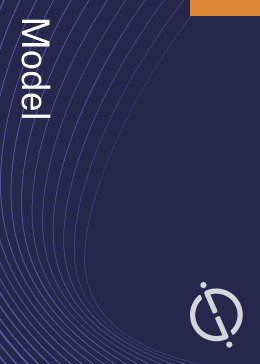Navenibart is a monoclonal antibody commercialized by Astria Therapeutics, with a leading Phase II program in Hereditary Angioedema (HAE) (C1 Esterase Inhibitor [C1-INH] Deficiency). According to Globaldata, it is involved in 4 clinical trials, of which 1 was completed, 2 are ongoing, and 1 is planned. GlobalData uses proprietary data and analytics to provide a complete picture of Navenibart’s valuation in its risk-adjusted NPV model (rNPV). Buy the model here.

Discover B2B Marketing That Performs
Combine business intelligence and editorial excellence to reach engaged professionals across 36 leading media platforms.
The revenue for Navenibart is expected to reach an annual total of $191 mn by 2040 in the US based off GlobalData’s Expiry Model. The drug’s revenue forecasts along with estimated costs are used to measure the value of an investment opportunity in that drug, otherwise known as net present value (NPV). Applying the drug’s phase transition success rate to remaining R&D costs and likelihood of approval (LoA) to sales related costs provides a risk-adjusted NPV model (rNPV). The rNPV model is a more conservative valuation measure that accounts for the risk of a drug in clinical development failing to progress.
Navenibart Overview
Navenibart (STAR-0215) is under development for the treatment of hereditary angioedema. The drug candidate acts by targeting plasma kallikrein. It is administered through subcutaneous route.
Astria Therapeutics Overview
Astria Therapeutics (Astria), formerly Catabasis Pharmaceuticals, is a biopharmaceutical company that discovers and develops novel therapeutics for rare allergic and immunological diseases. The company’s lead product candidate is STAR-0215, a long-acting monoclonal antibody inhibitor of plasma kallikrein for the treatment of hereditary angioedema (HAE). Its STAR-0215, against hereditary angioedema (HAE), is a rare genetic disorder that causes unpredictable attacks of swelling in the face, limbs, abdomen and airway. The company operates in Massachusetts and Delaware. Astria is headquartered in Boston, Massachusetts, the US.
The operating loss of the company was US$83 million in FY2023, compared to an operating loss of US$53.5 million in FY2022. The net loss of the company was US$72.9 million in FY2023, compared to a net loss of US$51.8 million in FY2022.
For a complete picture of Navenibart’s valuation, buy the drug’s risk-adjusted NPV model (rNPV) here.
Data Insights
From

The gold standard of business intelligence.
Blending expert knowledge with cutting-edge technology, GlobalData’s unrivalled proprietary data will enable you to decode what’s happening in your market. You can make better informed decisions and gain a future-proof advantage over your competitors.



